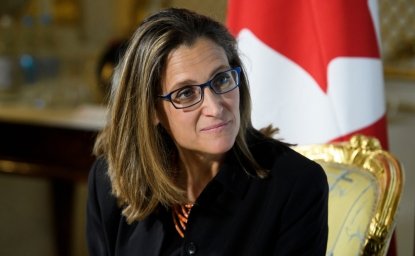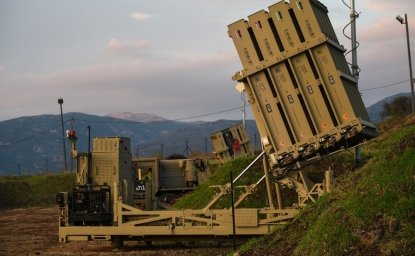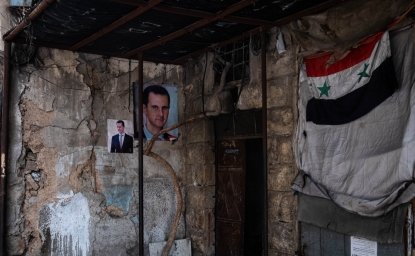The Latest
COP29 in Baku faces intense pressure as negotiators remain divided over a new climate finance framework essential for combating climate change. Disagreements center on how much developed nations should contribute annually, with developing countries demanding at least $1 trillion to address escalating climate impacts. Complicating matters further is the contentious issue of fossil fuel transitions, as some nations resist reaffirming commitments made at COP28 to phase out fossil fuels. With critical funding and emission reduction measures unresolved, the summit risks undermining global climate goals and setting back progress achieved in previous agreements.
Lauren Risi, Director of the Environmental Change and Security Program, provides a recap of this year’s COP Summit, which is slated to end on Friday. She covers the Summit’s success’, its challenges, and the hope that COP30 in Brazil will achieve more impactful breakthroughs.
-
Transcript
Guest


Environmental Change and Security Program
The Environmental Change and Security Program (ECSP) explores the connections between environmental change, health, and population dynamics and their links to conflict, human insecurity, and foreign policy. Read more

Explore More
Browse Insights & Analysis
Five Ingredients Vital to Decarbonizing Ocean Shipping
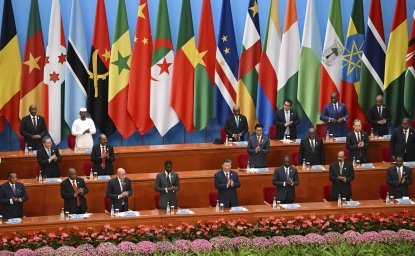
Lights On or Off? Chinese Solar and Wind Companies in Sub-Saharan Africa
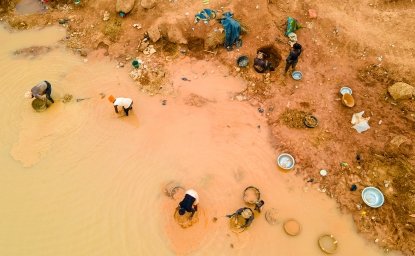
There's Mining, Then There's Galamsey



